24 hours after the RCMP unlawfully raided Top Shelf Cannabis, over 100 outraged community members protested in front of the Millbrook detachment office seeking answers as to who authorized the raid.
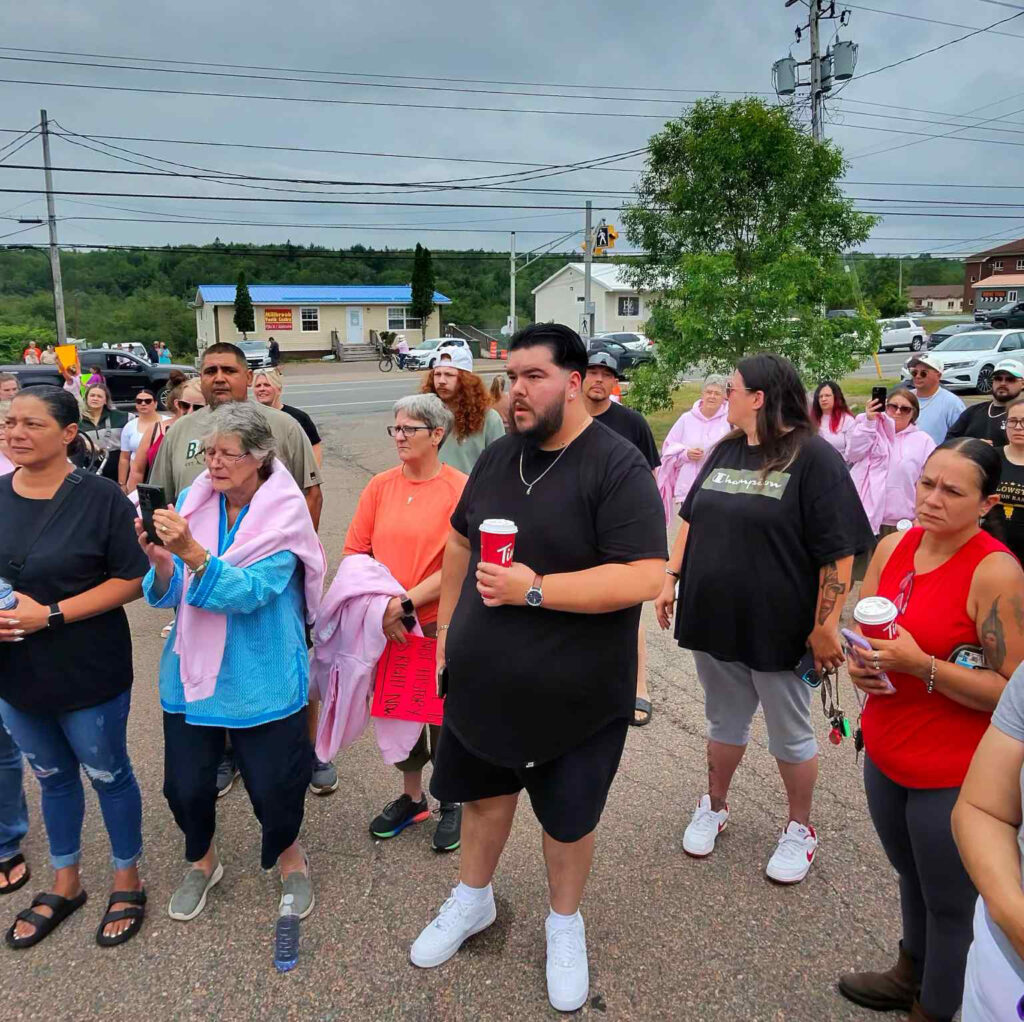
By Dispensing Freedom Staff
MILLBROOK FIRST NATION – The day after the RCMP raided the Top Shelf Trading Post in Millbrook First Nation, over 100 community members rallied outside the Millbrook RCMP detachment. Those assembled not only sought answers from the RCMP, but also from elected Millbrook Indian Act Chief Bob Gloade. In 2019, the Millbrook Chief told Saltwire Network that “there is no treaty right protecting [Mi’kmaw people] in regards to selling, growing or distribution of cannabis whatsoever,” and indicated that he was “absolutely” supportive of RCMP raids on Millbrook shops as it was a “black and white” fact that cannabis wasn’t a treaty right.
As he stood on the margins of the protest at the police station, community members called Chief Gloade to the front and asked him to answer for the July 30th raid. Speaking to the crowd, Band Councillor and Micmac Rights Association (MRA) founder Chris Googoo stated that “the direction [for the raid] did not come from Council, because we are working collectively together to implement a cannabis regime based on our own traditions and customs and our own people.”
However, Googoo – perhaps from personal experience – specifically asked Gloade to clarify the matter before the assembled people. Gloade denied any knowledge of the July 30th raid, stating that he had “no prior information that the raid was going to occur. However, as Googoo noted in an interview with Dispensing Freedom, “Bob denied knowing about or approving the raid on my shop [High Grade in 2019], but the disclosure in my case shows the RCMP talked with him about it before they raided. It’s there in black and white.”
With Chief and Council denying any involvement, community member Kiju asked the question that was on everyones minds. “Chief and Council say they want transparency. So we want transparency. So who ordered the raid without permission? So nobody in our administration gave them permission. So that’s not right, that’s not what we want.” Kiju also referenced the R. v. Montour decision where Quebec superior court recognized the Covenant Chain and the Mohawk right to trade. Kiju further stated:
“Before, it was just fishing rights, and nobody said too much, but now we’re realizing we have rights to our resources and to an economy. Other nations out west, they don’t need government subsidies, money and everything. Their cannabis economy supports the programs and funds everything for them. They build hockey rinks, they build hockey teams, children Youth Programs. Everything is under their cannabis economy, and cannabis is legal, and government is only pissed because they can’t get their excise tax from us.”
There hasn’t been a raid of a treaty truckhouse in Millbrook since the June 1st, 2023 raid on the King of Weed which occurred shortly after the store owner exposed Band Council misdeeds regarding tobacco sales by distributing a MRA newsletter to every home on reserve.
In January of 2023, the Millbrook Chief and Council wrote the RCMP a letter, invoking the constitutionally protected Mi’kmaw inherent right to self-government. The letter informed the RCMP that the community was developing its own process of cannabis regulation and stated, “While our Nation develops its own cannabis laws, Millbrook’s Chief and Council respectfully request the RCMP consult on all matters related to cannabis involving Millbrook members.”
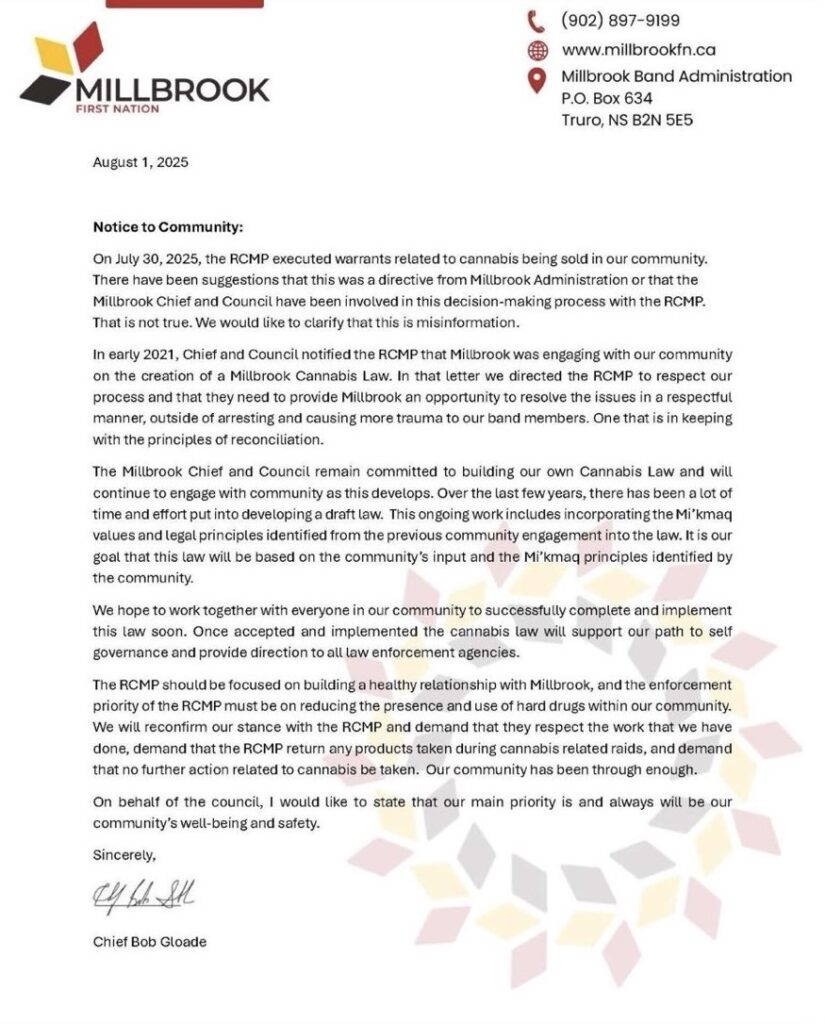
On August 1, 2025 following the raid Chief Gloade sent a letter to the RCMP in which he referenced Millbrook’s January 2024 letter and demanded that the RCMP return all products taken in the raid. He requested that “no further action related to cannabis be taken. Our community has been through enough.”
RCMP press release avoids mentioning that “illegal cannabis storefront” is a Mi’kmaw truckhouse
The RCMP issued a press release on its Facebook page on August 1st, referencing a raid on what they called an “an illegal cannabis storefront on Willow St.” The press release indicated that one man at the “storefront” – the RCMP appears to have an aversion to using the word truckhouse when referring to Mi’kmaw trading posts – had been “arrested.”
This statement from the RCMP would seem to imply that the man was charged. However, the staff member who said he feared the officers were about to draw their firearms on him and shoot was not charged, but rather illegally detained in violation of his constitutionally protected rights. The staff member told Dispensing Freedom that he was held in the back of a police car for half an hour while the officers robbed the store, but that he was not charged with any offence.

The RCMP release made no mention of the issue of constitutionally protected Mi’kmaw Aboriginal and treaty rights whatsoever or of the fact that the raid occurred on an Indian reserve where the province has no jurisdiction. The release referred to the protest as “small,” did not engage with any of the questions and demands of protestors. It left the impression that the raid was just another routine law enforcement matter that had nothing to do with Aboriginal treaty rights. This it should be said, is typical for RCMP press releases.
The seizure and removal of Indigenous cannabis and tobacco products is a violation of the very Federal statutes the RCMP is sworn to uphold. Section 89 of the Indian Act states that “the real and personal property of an Indian or a band situated on a reserve is not subject to charge, pledge, mortgage, attachment, levy, seizure, distress or execution in favour or at the instance of any person other than an Indian or a band.”
The Mi’kmaw people living at Millbrook are heirs to the 1752 Treaty of Halifax which was recognized by the Supreme Court of Canada in Simon v. the Queen as continuing to “be in force and effect.” The treaty was declared by the court to be “an enforceable obligation between the Indians and the Crown and is therefore within the meaning of s. 88 of the Indian Act. Section 88 operates to include all agreements concluded by the Crown with the Indians that would be otherwise enforceable treaties, whether or not land was ceded.” The court ruled at paragraph 55 of its decision that “The effect of s. 88 of the Indian Act is to exempt the Indians from provincial legislation which restricts or contravenes the terms of any treaty.”
The RCMP press release stated that the investigation was “led by the Colchester County District RCMP’s Community Action Team, was supported by Millbrook RCMP Detachment, the Criminal Intelligence Services Nova Scotia, and Compliance Officers from the Department of Service Nova Scotia.” The RCMP is in Nova Scotia is contracted by the Province to carry out provincial policing, but according to former National Chief and constitutional expert Del Riley, “the province and its police force have no jurisdiction or authority on “lands reserved for Indians. That’s simply what the BNA Act says.”
Protestors expose Millbrook RCMP hypocrisy
At the rally outside the Millbrook RCMP detachment MRA executive members Thomas Durfee and Matt Cope engaged with RCMP Sergeant Joe Young. Speaking to the crowd, Sgt. Young contradicted the later RCMP press statement and claimed “the enforcement wasn’t conducted by your local detachment members. For us here, we’re advised that the issue was with safe supply, and based on the case law of the recent Marshall decision.”
The Marshall decision that Sgt. Young was referring to was not a case in which Mi’kmaw Aboriginal and treaty rights were actually examined or addressed, but rather a decision by Associate Chief Judge Ronda van der Hoek in her ruling of June 7th, 2024 that summarily dismissed the constitutional challenges to the Cannabis Act and Excise Act by two members of the Micmac Rights Association, Matthew Cope and Darren Marshall. The decision by the Judge to not even consider their constitutional question hardly constitutes a hearing of the issues or the basis for RCMP interpretation of the Mi’kmaw right.
Responding to Sgt. Young, MRA executive member Thomas Durfee asked “Can you create a liaison position between the Micmac Rights Association and the Millbrook RCMP detachment to communicate and to work together on keeping the community safe through transparency and through the truth and reconciliation that you promised us and that your federal government has promised
us?”
Durfee added “All those guys, whoever signed those warrants, need to be involved. You say that you aren’t a part of that, that you’re here to help our community. So we are asking you as a community to help us liaison with those folks that you can’t answer to or that don’t allow you to answer for them. We need you to help us, to communicate, to have our questions answered, because we can’t keep going in this loop of being raided and you saying, “You have to talk to lead investigator. It’s a pending investigation.” There are pending investigations that allow truth and facts. We’re looking for the truth and the facts on how you were able to raid on unceded Mi’kmaw territories and on reservation lands when there are laws [that protect our rights] that you have an obligation to uphold.”
Former National Chief says the answer is for Mi’kmaq to “organize your warrior societies!”
Former National Chief Del Riley, who was the Indigenous leader who entrenched Aboriginal and treaty rights in the Canadian Constitution in the early 1980s, provided a sharp analysis of what he calls the “administrative imperialism of the provincial government.” Chief Riley was National Chief at the time of the 1981 “Incident at Restigouche” when 500 SQ officers, many wearing riot gear, were deployed to Listuguj. Police confiscated hundreds of nets, arrested community members, and used force in many instances as they attempted to disrupt what they claimed was an “illicit” Mi’kmaw salmon fishery.
Chief Riley said “We had the same situation in Quebec where the Quebec Frenchmen tried to eliminate the rights of the Mi’kmaw people at Restigouche until they all they were forced to pull out all their guns and face off with them. That’s what stopped it there, and I was there so I know what would have happened, and I did my best to keep the situation peaceful by bringing all the Chiefs into for a conference.”
Chief Riley added “the Mi’kmaw people have every right to defend their constitutionally protected rights in any manner possible, because they also have the right to protect the constitution of Canada. The members of parliament, the Provincial Parliament, should all be sent back to Europe where they can practice their racism over there, the Mi’kmaw people need to immediately start to organize their their warrior societies. There is no other option, since the RCMP do not represent or in any way protect the Mi’kmaw people. They only protect their own kind, the European caucasoid people.”
In terms of moving forward, Chief Riley recommended that the Millbrook Band Council “should just totally dismiss RCMP from ever entering their territory again. They can do that and they can’t enter. All First nations should request RCMP not enter any of their territories.”

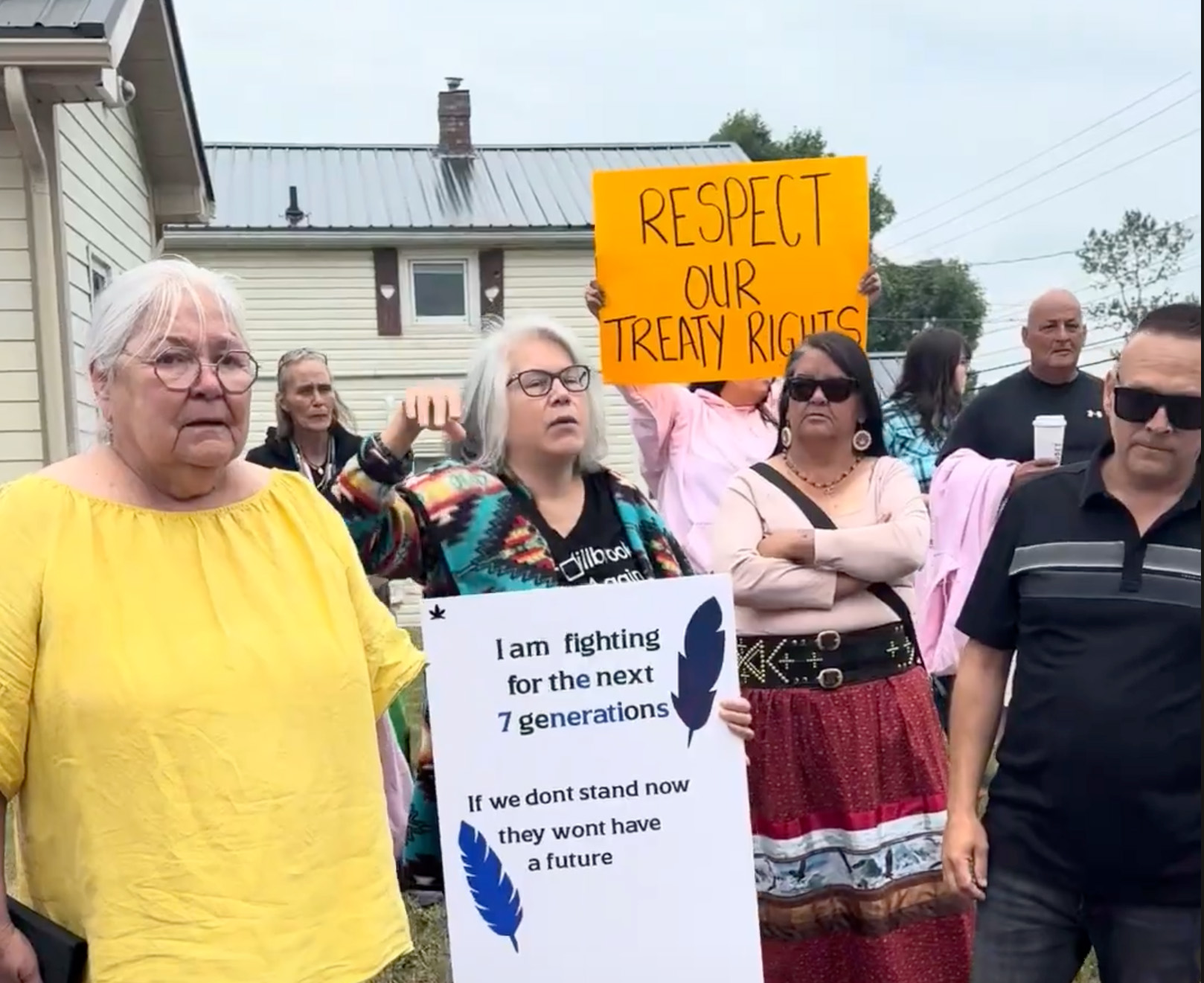


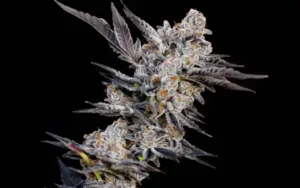

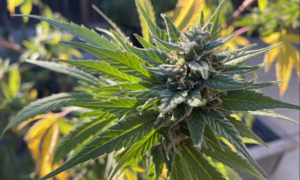
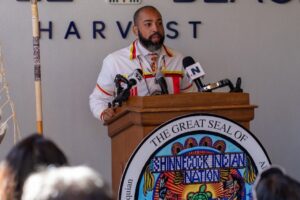
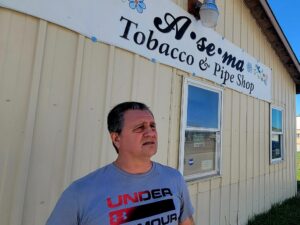


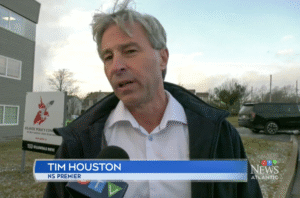
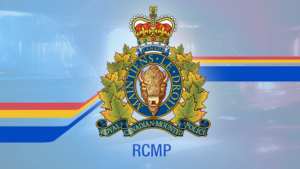


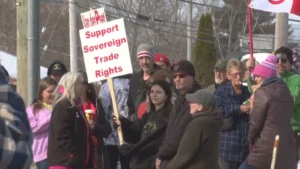
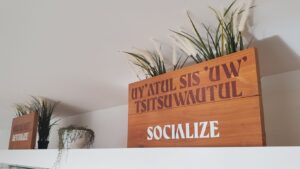



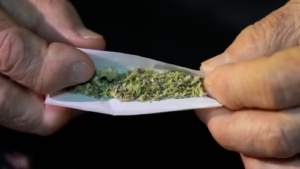
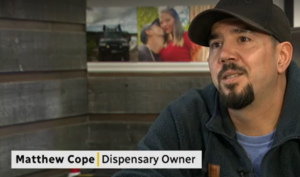
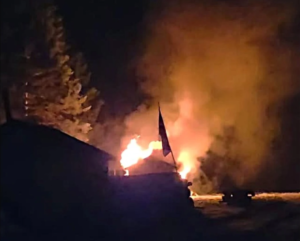
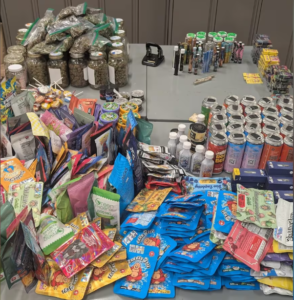
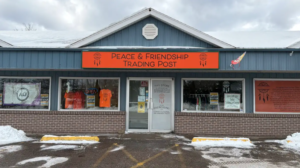
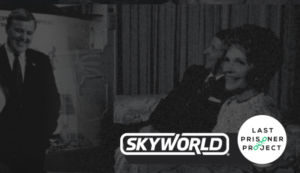



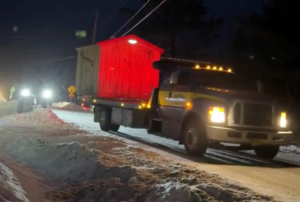
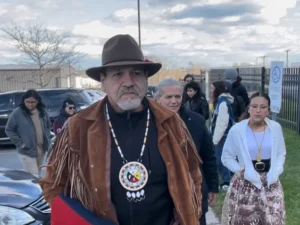



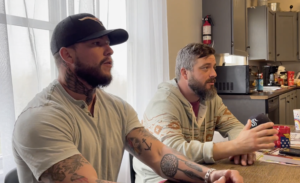

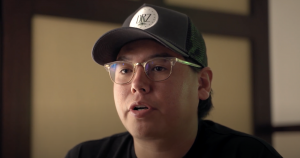
Comments are closed.